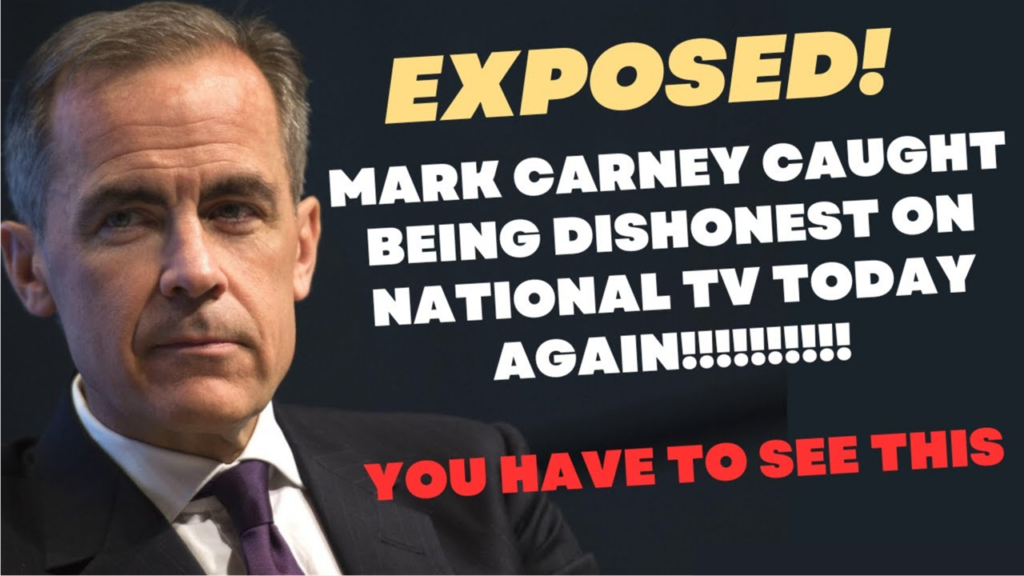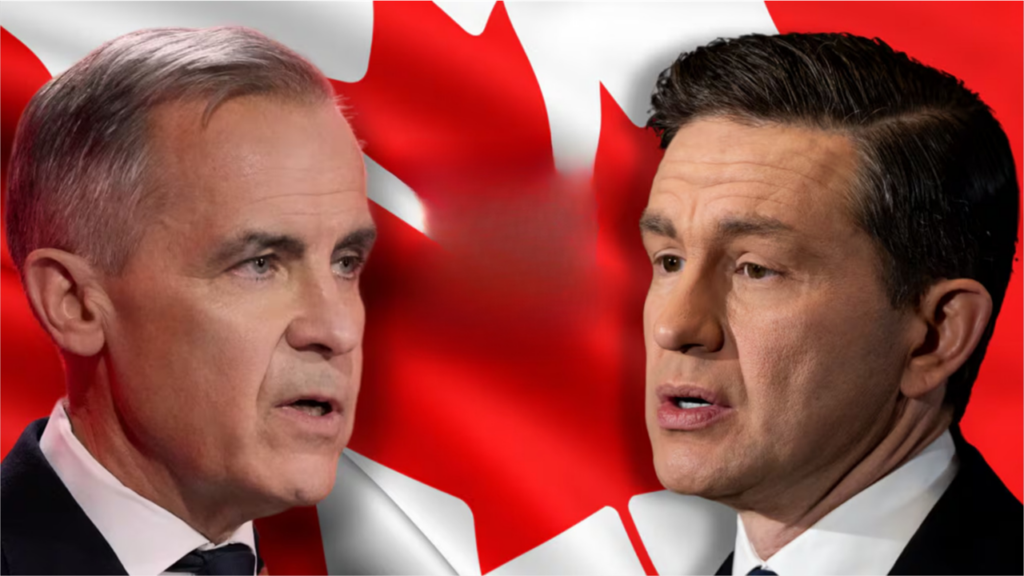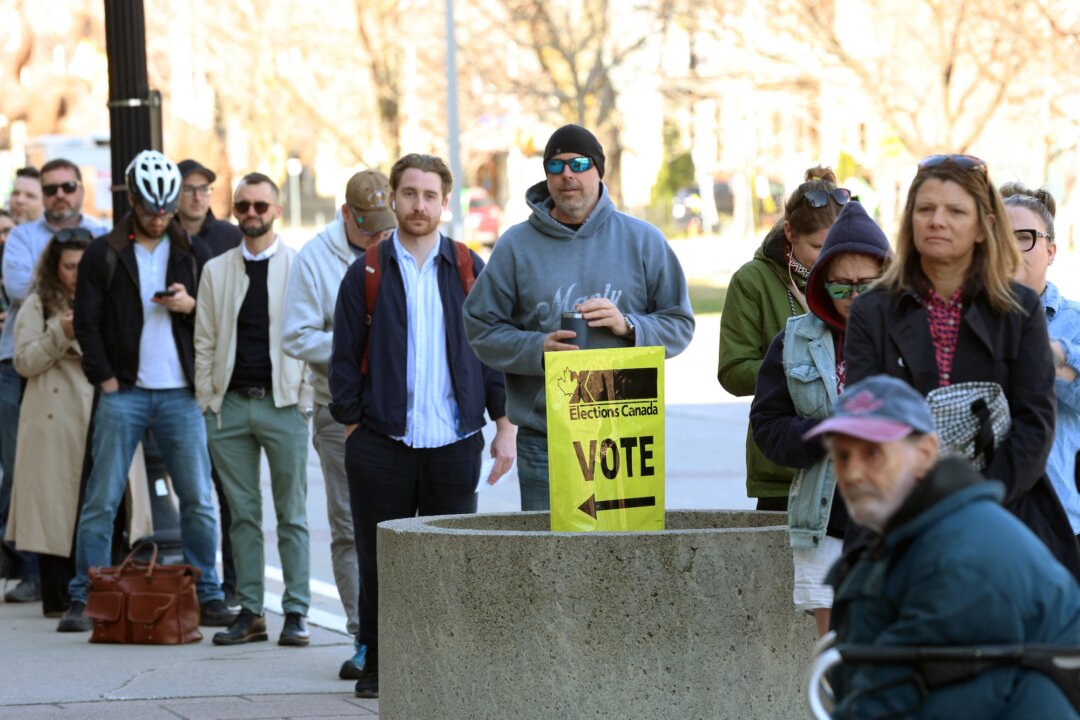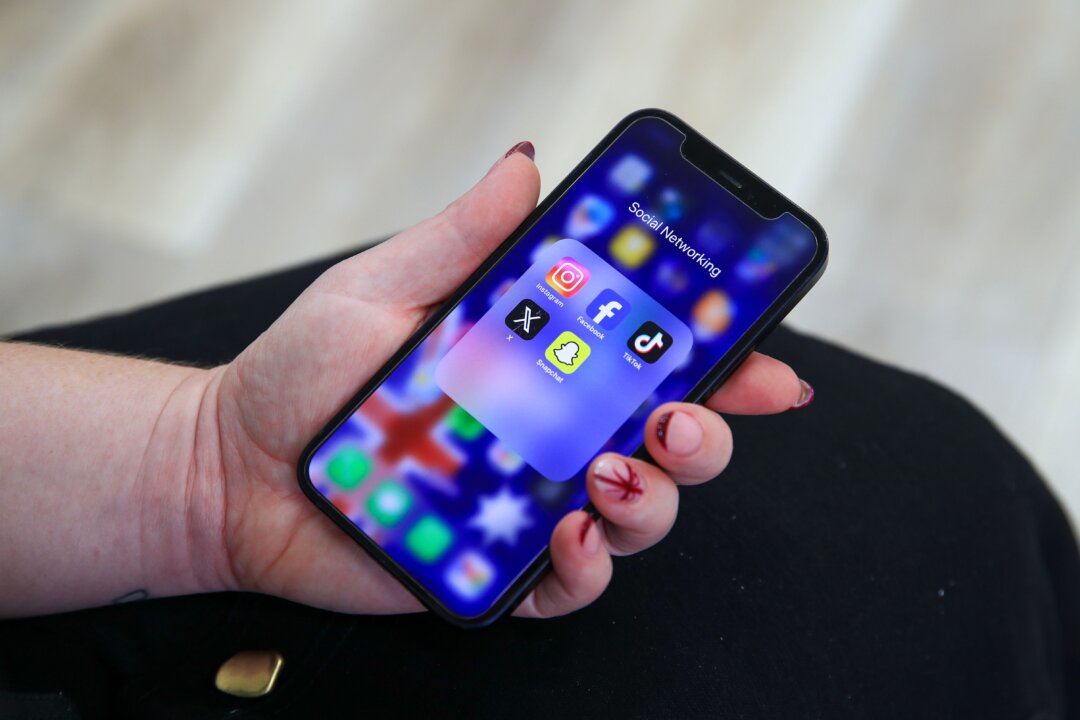Elite Universities Should Stop Digging Themselves Into a Hole
Elite universities are so determined to fight the Donald Trump administration that they’ve decided to double down on their antisemitism and stick with anti-Israel protesters and ideological rigidity. If they hadn’t abandoned scholarly rigor years ago, they’d remember the first rule of finding yourself in a hole.
Stop digging.
The confrontation breaking out between universities and the president is the latest front in a war of ideas that has raged since Trump took office in January.
The Left often derides it as a “Culture War,” as if it were annoying that conservatives have resolved to reverse very recent changes the Left rammed through on everything from sex to race to meritocracy, pronouns, etc. President Barack Obama, for example, sometimes acted irritated when conservatives refused to go along with his transformative designs.
Remember all those lawn signs during the 2024 campaign that cried out defiantly, “We’re Not Going Back”? They were not about social progress. They were about this protracted war. (Incidentally, you can still get one online if you’re planning a retro 2024 party.)
Universities were the first cultural institution that the Left set its sights on, starting in the 1980s. Today, research shows ideological capture to be almost complete; faculty at some departments at our best schools is 100% liberal.
The result has been that students are taught culturally Marxist views that see society through the lens of a struggle between oppressors and those they oppress. This has led students and professors to support actual terrorists over the Gaza contest, because Israel is categorized as an oppressor.
Since being sworn into his second term, Trump has decided to recapture the faculty lounge. In his view, if universities take taxpayer money, they must adopt viewpoint diversity (the same logic he is using with NPR and PBS, as he is about to ask Congress to rescind money it has already appropriated for public broadcasting).
The denizens of the faculty lounge are taking to the parapets, though.
In Harvard’s case, Trump froze $2.2 billion in multi-year grants last week when Harvard rejected his demands. Harvard’s reaction this week was to have the unmitigated chutzpah to sue to have the grants restored.
The administration froze the funds on the evening of April 14, right after Harvard had informed the government that it would not comply with a list of demands. These demands had come in a letter by the general counsels of the departments of Education and Health and Human Services, which was dated April 11.
The letter told Harvard to make “meaningful governance reform”; institute merit-based hiring, compensation, and admissions; reform international admissions so as to exclude “students hostile to the American values and institutions”; audit “the student body, faculty, staff, and leadership for viewpoint diversity”; audit programs and departments “that most fuel antisemitic harassment”; discontinue all diversity, equity, and inclusion “programs, committees, positions, and initiatives”; and a host of other demands.
Legal experts will quibble over whether the government has the power to dictate how a private institution governs itself, though the government clearly has the power to demand that institutions not engage in discriminatory practices based on race or sex.
What is also without doubt is that no university has a right to taxpayer money.
Harvard is insisting that it does, however. It claims in the suit that the government is wrong in trying to take it away.
Harvard’s suit, filed in a Massachusetts federal court on Monday, April 21, accused the Trump administration of trying to use “leverage to gain control of academic decision-making at Harvard.”
Harvard’s President Alan Garber added in a message that “the consequences of the government’s overreach will be severe and long-lasting.”
Harvard was the first university to refuse to comply with new requirements. Since it did so on April 14, however, nine other universities and three university associations have also sued the Trump administration jointly, demanding the restoration of $400 million in slashed funding.
Michael I. Kotlikoff, the president of Cornell University, one of the universities in the joint suit, wrote an article typical of the university side when he said that the research whose funding was cut was “vital to national security, American manufacturing, economic competitiveness, and progress toward energy independence.”
Unfazed, the Trump administration responded defiantly. “The gravy train of federal assistance to institutions like Harvard, which enrich their grossly overpaid bureaucrats with tax dollars from struggling American families, is coming to an end,” White House spokesman Harrison Fields wrote in an email.
“Taxpayer funds are a privilege, and Harvard fails to meet the basic conditions required to access that privilege,” Fields added.
That could be an open-and-shut case. With its pursuit of leftist orthodoxy, academia has squandered public support, so Trump will likely not suffer politically in this fight. He could even gain public support.
Harvard, the wealthiest university in the world with a $53 billion endowment, may feel it can continue digging into that hole, for a while at least. How many other universities are in that position, though?













